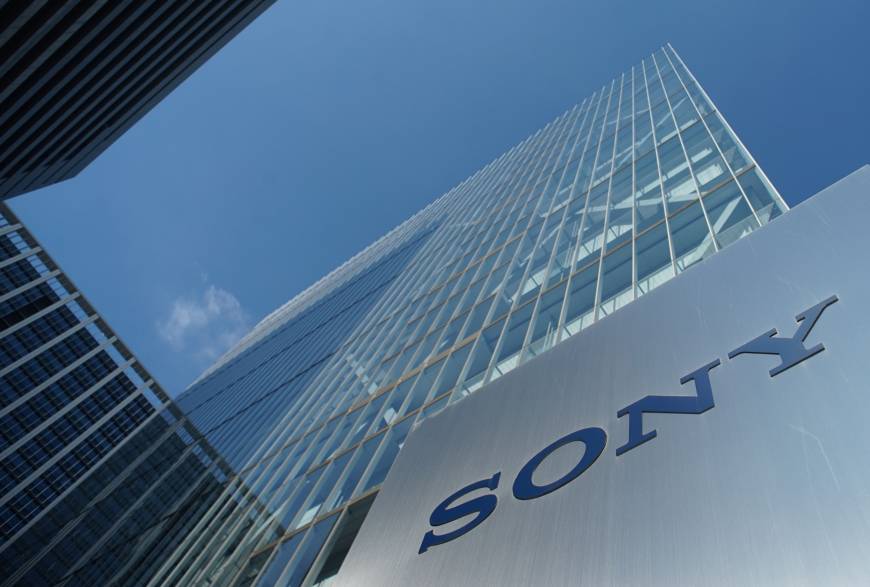
Sony Corp. on Tuesday reported a record first-quarter operating profit on the back of strong sales of game software, giving support to the new management’s strategy of focusing on stable sources of revenue.
The electronics firm posted profit of ¥195.0 billion for April-June, up 23.7 percent from ¥157.6 billion a year prior.
With the previous year’s one-time gain of ¥36.8 billion excluded, Sony logged even sharper first-quarter growth of 61 percent. That gain came from the sale of Sony’s camera module unit and the receipt of insurance payouts for earthquake damage.
When earnings in the year that ended March 31 exceeded the previous peak set in 1998, Sony pledged to maintain high profit levels to prove last year’s record run was not a one-off event.
To that end, Sony has been expanding businesses that promise stable revenue streams, such as online game services and music content libraries, while minimizing the impact of the volatile sales cycles of game consoles and other electronic gadgets.
Under that strategy, the games business saw profits increase to ¥83.5 billion in the three months ended in June from ¥17.7 billion a year earlier, as high-margin online software and new first-party titles such as “God of War” and “Detroit: Become Human” compensated for slowing sales of PlayStation 4 consoles.
Analysts said the game “Marvel’s Spider-Man,” to be launched in September for the PlayStation 4, could further lift games profit.
Sony’s semiconductor division, which includes imaging sensors, posted a profit of ¥29.1 billion, down from ¥55.4 billion a year earlier when earnings were boosted by the camera module business sale and insurance payouts.
The electronics maker sees sensors as a pillar of growth in the medium and long term, as applications are likely to expand to depth sensing, surveillance, factory automation and automobiles.
Sony lifted its annual profit outlook for the games business and semiconductor business by ¥60 billion and ¥20 billion, respectively.
It kept its profit forecast for the year ending March at ¥670 billion, down 8.8 percent on year, citing various potential risks including competition in smartphones. That compared with the ¥754.66 billion average of 24 analyst estimates.
Ahead of the stronger than expected first-quarter results, many analysts said the full-year outlook was too conservative.
Source:-.japantimes.
